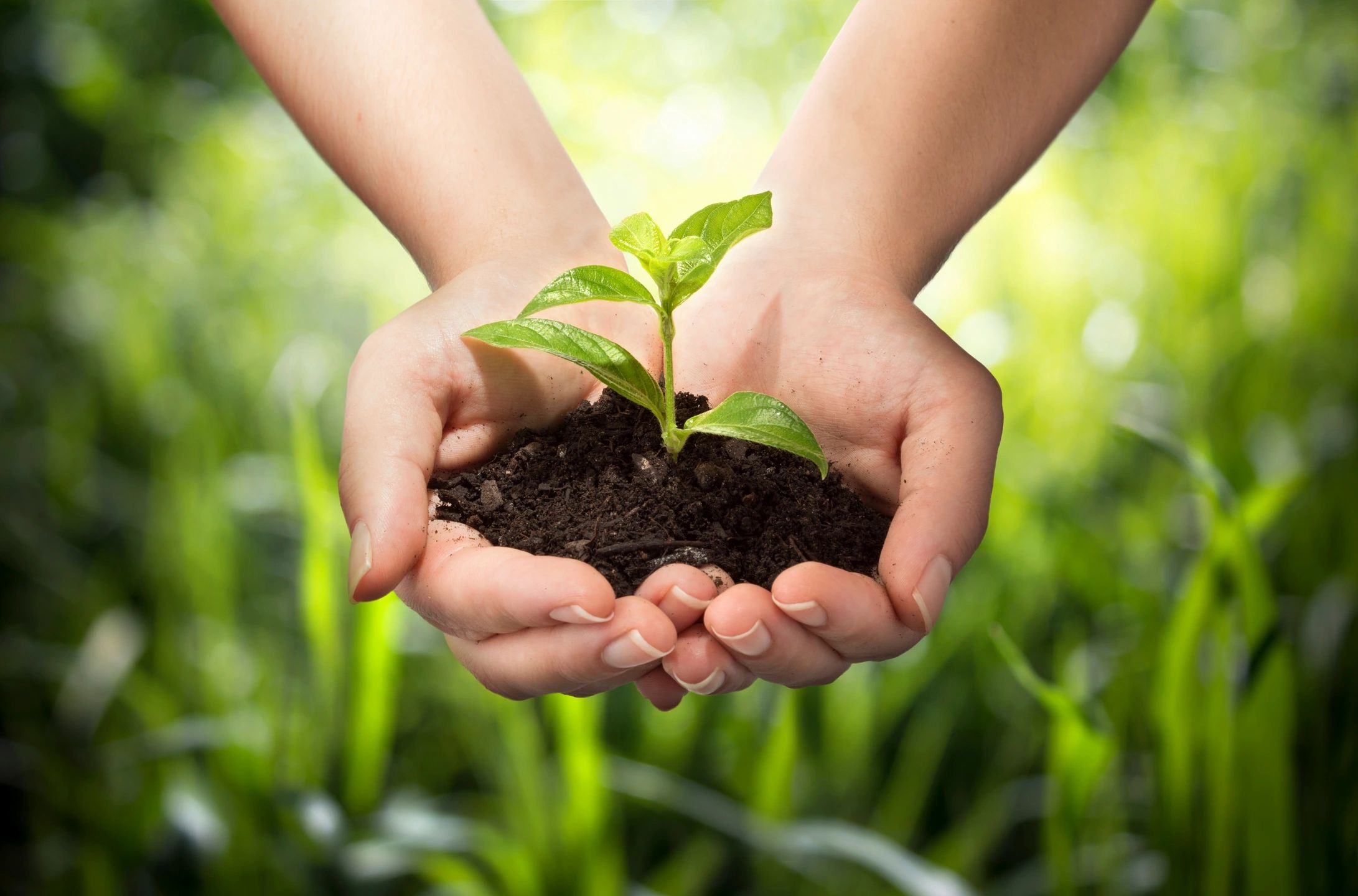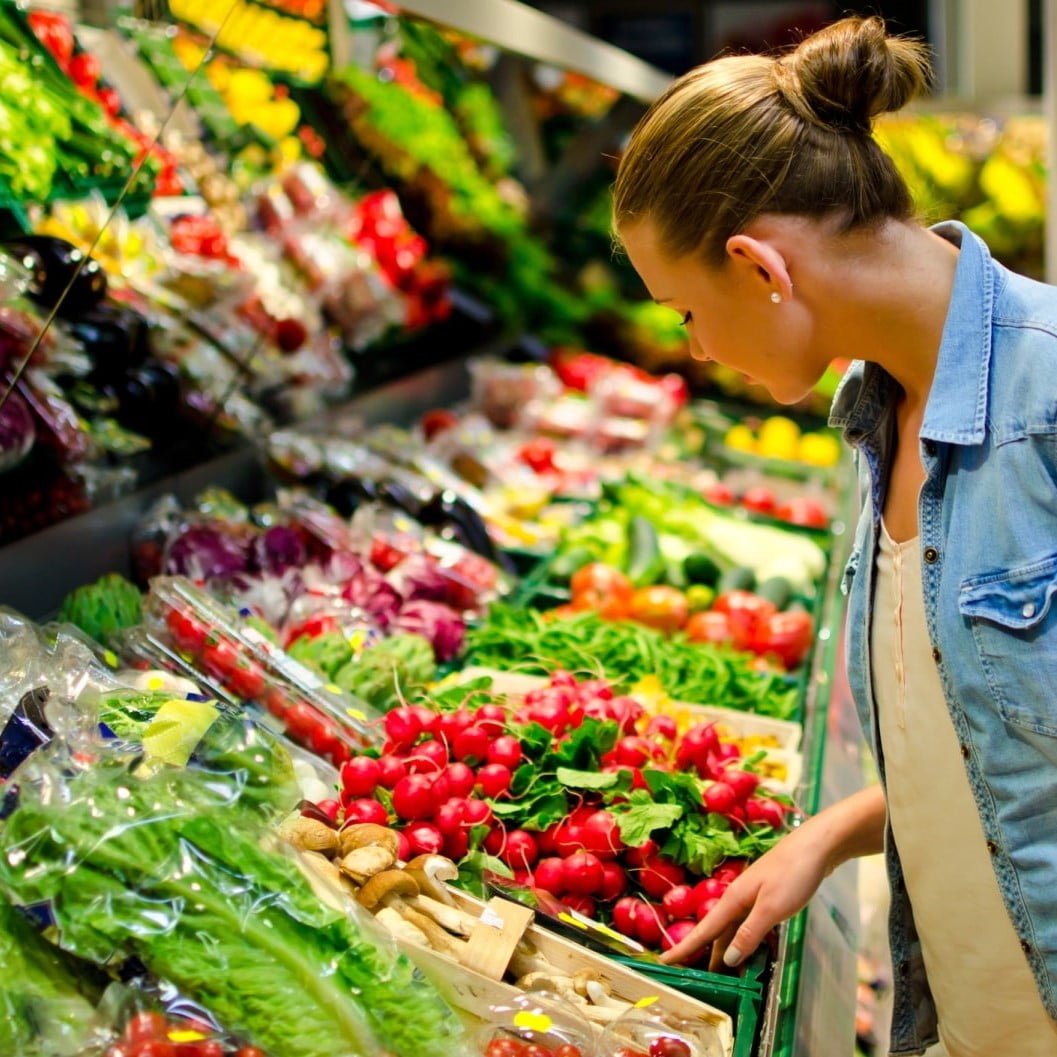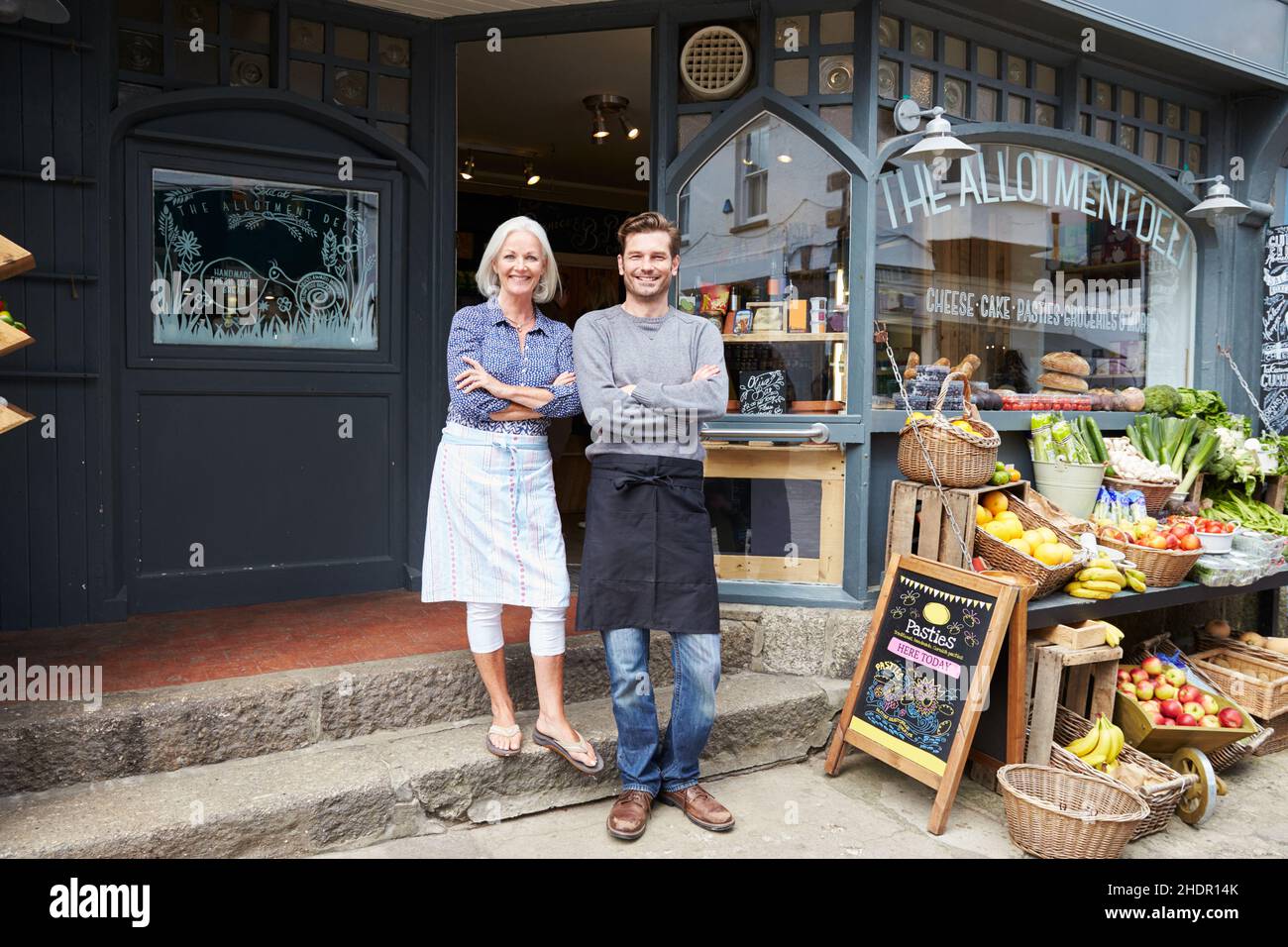Have you ever wondered what "organic" truly means for the food you eat and where you can find it? Many folks, it seems, are looking for ways to make better food choices for themselves and their families. This often brings up questions about what organic food is all about and if it really makes a difference.
In a way, choosing organic can feel like a big step. People often want to know if these foods are healthier, safer, or if they are just more costly. It is that feeling of wanting to do something good for your body and the planet that draws many to this idea.
This article will help you look at what makes food organic, why it might be a good choice for you, and how organic retail stores help bring these special foods to your table. We will, you know, try to make things clear and easy to understand.
Table of Contents
- What "Organic" Really Means
- Why Choose Organic Foods?
- Finding Your Local Organic Retail Stores
- Understanding Organic Labels
- Tips for Shopping Smart
- The Impact of Organic Farming
- Frequently Asked Questions About Organic Foods
- Making the Switch: Your Next Steps
What "Organic" Really Means
So, what does "organic" actually mean when we talk about food? Basically, it is about how food is grown and made. The meaning of organic is of, relating to, yielding, or involving the use of food produced with the use of feed or fertilizer of plant or animal origin without employment of chemically formulated items. This means a very natural approach to growing.
Organic foods are produced through farming practices that only use natural substances. This means avoiding all artificial chemicals, hormones, antibiotics, and genetically modified organisms (GMOs). It is, you know, a way of farming that works with nature, not against it.
Organic farming and foods use no synthetic fertilizers or pesticides, with some very specific exceptions. Organic food, whether fresh or processed, comes from these special farming methods. It is food grown without the use of synthetic chemicals and does not contain genetically modified ingredients, which is pretty important to many people.
The organic food label says more about how an item was produced. It refers to food and farming practices that avoid synthetic chemicals, like fertilizers and pesticides, and emphasize natural processes. In other words, it is about a certain way of doing things, from the farm to your plate, so it is really about the journey of the food.
Why Choose Organic Foods?
Many people wonder, is organic food really healthier? And is it worth buying organic? There are a few things to consider here. We need to understand the differences between organic foods and traditionally grown foods when it comes to nutrition, safety, and price. For instance, some folks feel a bit better knowing their food has not been sprayed with certain things.
Discovering the benefits can help you decide. Organic products are often chosen because of the farming practices behind them. These methods aim to be better for the environment and, some believe, for our bodies. You know, it is about a more wholesome approach to food production.
In this look at organic food, consumer reports' advice can help you decide what is most important to buy organic and how to save money when you do buy organic food. Plus, there are benefits of eating organic, and we will talk about where to buy organic food. It is, like, a whole system that works together.
In this comprehensive guide, we will explore the criteria that define organic food, the benefits of consuming organic products, and the impact of organic farming on health and the environment. It is about making informed choices, basically, for your well-being and for the planet too.
Finding Your Local Organic Retail Stores
Once you understand what organic means, the next step is finding places to buy it. Organic retail stores are places that specialize in selling these kinds of foods. They are, you know, dedicated to offering products that meet organic standards, making it easier for you to find what you are looking for.
These stores often have a wide selection, from fresh produce to packaged goods, all certified organic. They make it simple to choose items grown without synthetic chemicals or GMOs. It is a very direct way to support organic farming and its practices.
Finding your local organic retail stores might involve a quick search online or just asking around in your community. Many towns and cities now have at least one of these shops, and some bigger grocery chains even have dedicated organic sections. So, it is pretty accessible for most people these days.
Understanding Organic Labels
For a product to carry the USDA organic label, it must meet strict standards. This label is a sign that the food has been produced using organic farming methods. It means no synthetic fertilizers or pesticides, with very specific exceptions, were used. This is, like your, guarantee that the food follows the rules.
The organic food label tells you a lot about how an item was grown or made. It is not just a marketing term; it is a certification that shows the product adheres to certain practices. When you see that label, you can be pretty sure about the farming methods used, which is a big help when you are shopping.
Knowing what the labels mean is important. It helps you pick out the foods that truly fit the organic description. This knowledge can also help you understand which foods are the best value for your money, especially if you are trying to stick to a budget while buying organic.
Tips for Shopping Smart
When you are in an organic retail store, or any store selling organic items, shopping smart can save you some money and help you get the best products. One tip is to focus on buying organic for the "dirty dozen" – those fruits and vegetables that tend to have higher pesticide residues when conventionally grown. This can be a really good way to start.
Another idea is to look for seasonal organic produce. When fruits and vegetables are in season, they are often more affordable and taste better. You know, it is just like with any produce, freshness really matters. This can help you get more for your money.
Also, consider buying organic in bulk for pantry staples like grains, beans, or nuts if your store offers it. This can sometimes lead to savings over buying smaller, pre-packaged amounts. It is a pretty common strategy for folks who buy a lot of these items.
Finally, do not be afraid to compare prices between different organic retail stores or even the organic section of a regular grocery store. Prices can vary quite a bit, so a little looking around can make a difference. Basically, being a smart shopper helps you make the most of your organic food budget.
The Impact of Organic Farming
Organic farming has a pretty big impact beyond just the food we eat. It emphasizes natural processes, which can be better for the soil, water, and even local wildlife. This way of farming tries to work with the natural systems of the earth, rather than against them, which is a good thing for everyone.
By avoiding synthetic chemicals, organic farming helps keep our environment cleaner. This means less chemical runoff into rivers and streams, and healthier soil for future crops. It is, you know, a more sustainable way to grow food, which is becoming more and more important today.
The impact of organic farming on health and the environment is something many people are thinking about these days. When you choose organic products from organic retail stores, you are supporting these practices. You are, in a way, voting with your dollars for a farming system that aims to be more gentle on our planet.
Frequently Asked Questions About Organic Foods
People often have questions about organic food, and that is totally normal. Here are some common ones that come up, with some thoughts to help you understand better.
Is organic food really healthier?
The text mentions looking at whether organic food is really healthier. Organic foods are produced through farming practices that only use natural substances. This means avoiding all artificial chemicals, hormones, antibiotics, and GMOs. While studies vary on direct nutritional content differences, many people feel that avoiding these substances is a healthier choice for their bodies. It is, you know, about what is not in the food as much as what is.
What makes a store "organic"?
A store is considered "organic" not by how it is built, but by the products it sells. Organic retail stores primarily stock items that have been certified organic, meaning they follow specific farming and production rules. They ensure that for a product to carry the USDA organic label, it meets the required standards. So, it is really about the commitment to selling certified products.
Are organic foods more expensive?
Yes, organic foods often come with a higher price tag compared to traditionally grown foods. The text asks us to understand the differences when it comes to price. This is because organic farming methods can be more labor-intensive and yield smaller crops, and the certification process adds to the cost. However, consumer reports' advice can help you decide what is most important to buy organic and how to save money when you do buy organic food. It is, honestly, a balance between cost and what you value.
Making the Switch: Your Next Steps
Exploring organic retail stores can be a great step towards making more informed food choices. We have talked about what "organic" means, the farming methods involved, and why some people choose these foods. We also looked at how labels help you pick out the right items and some ways to shop smart for them.
Remember, the idea of organic is about food produced with natural substances, avoiding synthetic chemicals and GMOs. It is about supporting farming practices that aim to be better for the environment and potentially for your health. You know, it is a way of thinking about food that is gaining more and more attention.
If you are thinking about trying organic, perhaps start small. Pick a few items that you eat often, like milk or apples, and see how you like them. Then, maybe, explore your local organic retail stores to see the variety available. It is, you know, a journey of discovery for your taste buds and your well-being.
To learn more about what "organic" truly means, you could check out the USDA Organic Program website for detailed information. Also, learn more about healthier food choices on our site, and link to this page your organic journey to continue exploring.



